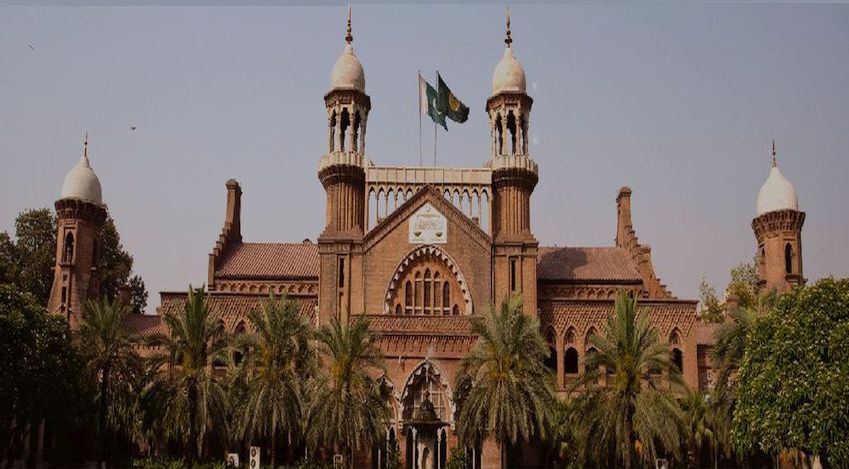Lahore High Court Brings Major Reforms to Punjab Prison System in Landmark Judgment
Islamabad 27-12-2024: In a landmark decision, the Lahore High Court has concluded a 14-year-long public interest litigation that brought transformative reforms to the Punjab prison system. The petition, originally filed in 2010, highlighted critical issues such as overcrowding, inadequate healthcare, and poor living conditions in Punjab’s prisons. Mr. Justice Abid Aziz Sheikh issued a comprehensive judgment that not only addressed these challenges but also set the foundation for systemic changes to ensure compliance with national and international standards.
At the time of filing, Punjab prisons housed 52,803 prisoners against a capacity of 21,527, resulting in 146% overcrowding. Over the years, the Court’s directives led to the construction of 13 new prisons, increasing the capacity to 37,563 inmates. Additional barracks and death cells were also built to alleviate overcrowding.
The Court emphasized the humane treatment of mentally ill prisoners in line with the Mental Health Ordinance, 2001 and the Supreme Court of Pakistan ruling in Safia Bano Vs. Home Department, Government of Punjab (PLD 2021 SC 488). Mentally ill inmates were shifted to specialized facilities, and jail hospitals were transferred to the Primary and Secondary Healthcare Department for better management.
Special provisions were made for women, juveniles, and transgender prisoners i.e. Separate facilities were established for women under the Transgender Persons (Protection of Rights) Act, 2018 and Juvenile Justice System Act, 2018. Juveniles were housed in specialized institutions and provided educational and vocational training.
The Court directed the implementation of the Prison Management Information System (PMIS) to automate prison operations and integrate prisoner records with NADRA. Video trial systems were introduced to expedite judicial processes.
A collaboration with TEVTA led to vocational training programs for prisoners, equipping them with skills for reintegration into society. The prison industries were revamped to provide inmates with employment opportunities during their sentences.
The judgment addressed misuse of parole, calling for reforms under the Punjab Probation and Parole Service Act, 2019, including community service requirements for parolees.
Acknowledging the harsh conditions faced by death row inmates, the Court mandated the construction of additional death cells and humane treatment in accordance with international human rights standards.
The Lahore High Court constituted a Jail Reforms Committee to monitor progress and ensure systemic reforms in alignment with international standards, including the Nelson Mandela Rules. Quarterly reports on prison reforms were mandated.
The Court proposed several recommendations, including:
- Establishing women’s prisons in Lahore, Faisalabad, and Rawalpindi.
- Developing open prisons for long-term inmates.
- Digitalizing Court and prison records for transparency.
The judgment acknowledged the pro-bono efforts of the petitioners’ legal team and the cooperation of Punjab government officials, particularly Dr. Qadeer Alam, AIG (Judicial), for their role in implementing reforms.
Powered by Froala Editor








